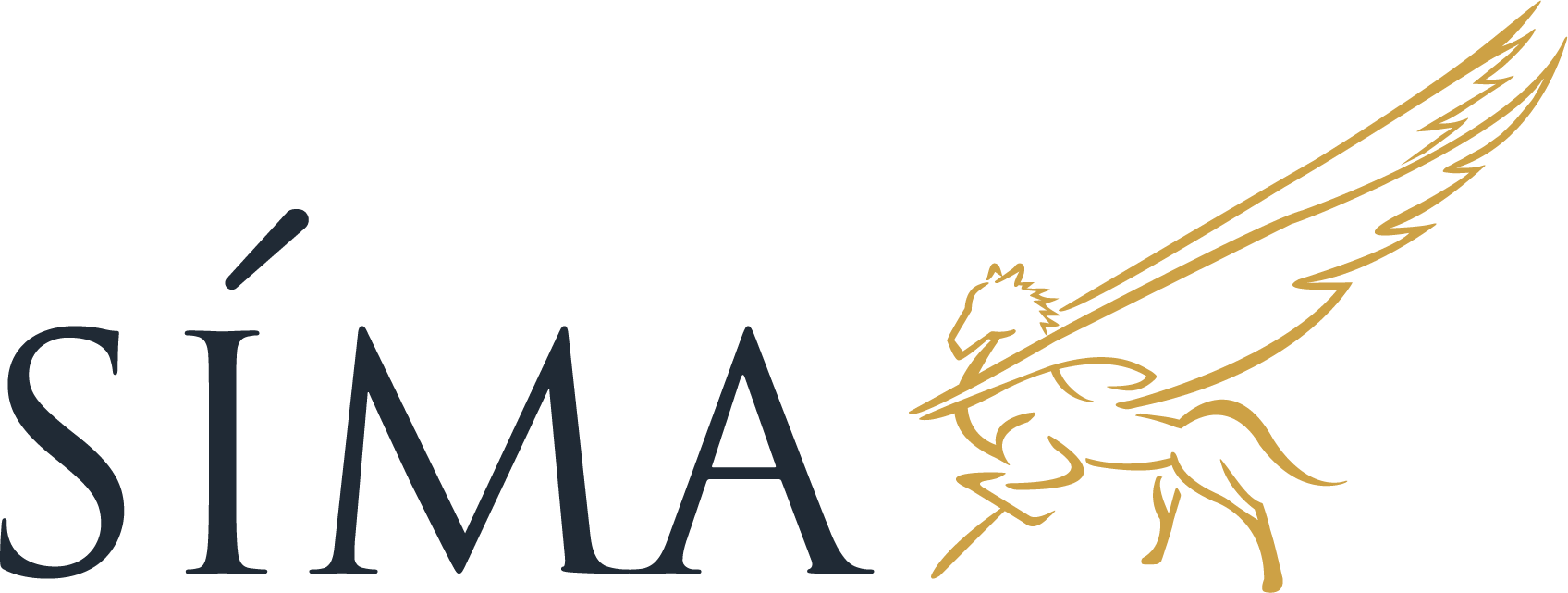In response to the COVID-19 pandemic, the IRS has relaxed the irrevocable election rule and strict list of permitted election change events normally accompanying a Section 125 plan, which are required when a group takes employee pretax contributions for health care or provides an employee cash option. The new guidance allows employees to make five additional prospective mid-year election changes during the 2020 calendar year.
1. Mid-Year Health Plan Enrollment for Waived Employees
Employers may amend their Section 125 cafeteria plan to allow employees who originally waived health plan coverage to make a new election, in calendar year 2020, for employer-sponsored health coverage on a prospective basis.
This change only addresses the ability of employees to make the change to pay the employee-share of premium on a pre-tax basis. Any employer must confirm with the carrier (including stop loss carrier for self funded plans) that they will accept a mid-year change under these circumstances.
2. Mid-Year Plan Option to Change or to Add Dependents
Employers may amend their Section 125 cafeteria plan to allow employees to change their health plan election in calendar year 2020 to enroll in a different plan option or enroll dependents on a prospective basis.
This change only addresses the ability of employees to make the change to pay the employee-share of premium on a pre-tax basis. Any employer must confirm with the carrier (including stop-loss carrier for self-funded plans) that they will accept a mid-year change under these circumstances.
3. Mid-Year Dropping for Health Care Coverage
Employers may amend their Section 125 cafeteria plan to allow employees, in calendar year 2020, to revoke their health plan election on a prospective basis, provided that the employee attests in writing that the employee is enrolled (or will immediately enroll) in other health coverage not sponsored by the employer.
The IRS, within the guidance, provides a template that employers can use for the employee’s written attestation.
4. Health FSA Election Changes
Employers may amend their Section 125 cafeteria plan to allow employees, in calendar year 2020, to revoke, decrease, make or increase a health FSA election (both limited purpose and general purpose health FSAs) on a prospective basis. This essentially allows employees to change their health FSA election in any manner, and for any reason, in calendar year 2020.
The guidance does note that an employer can choose to limit a mid-year health FSA election revocation or decrease to amounts to no less than amount already reimbursed to the employee by the health FSA in the plan year. This action will help avoid any potential losses from overspent accounts.
If an employer makes this change, then it must work closely with its FSA administrator to make sure that this is implemented and communicated to employees.
This change may be beneficial to those employees that made large elections in anticipation of elective surgery or other planned procedures that may no longer be possible due to COVID-19.
5. Dependent Care FSA Election Changes
Employers may amend their Section 125 cafeteria plan to allow employees, in calendar year 2020, to revoke, decrease, make, or increase a dependent care FSA election on a prospective basis. This essentially allows employees to change their dependent care election in any manner, and for any reason, in calendar year 2020, on a prospective basis. Existing rules allowed some flexibility with daycare changes, but these rules provide even greater flexibility.
Employers can choose to limit a dependent care FSA election revocation or decrease to amounts no less than amounts already reimbursed to employee by the dependent care FSA in the plan year.
As with medical FSAs, if an employer makes these changes, it must work with the dependent care FSA administrator to implement and communicate these changes to employees.
Extended Period to Incur Health FSA and Dependent Care FSA Claims in 2020
The new guidance also relaxes the “use-it-or-lose-it” rules associated with FSAs. Employers may amend their Section 125 cafeteria plans to permit employees to incur reimbursable claims through the end of calendar year 2020 for any FSA plan year or grace period that ends in 2020. This applies to both general purpose and limited purpose FSAs.
A calendar year health FSA with a carryover provision cannot benefit from this extended period as its plan year ends December 31, 2020.
Again, if an employer makes these changes, it must work with the FSA administrator to implement and communicate these changes to employees.
Health FSA Carryover Limit Increased to $550 (Indexed)
Since 2013, the IRS has permitted health FSAs to offer a $500 carryover provision. This is an optional plan feature only available to health FSAs without a grace period. The new guidance has increased the amount to $550. This amount is equal to 20% of the maximum health FSA salary reduction contribution. This maximum carryover limit will continue to increase, in multiples of $10, to match the 20% of the maximum health FSA salary reduction contribution.
Employers wishing to offer this indexed increase the health FSA carryover limit must adopt a plan amendment to the Section 125 cafeteria plan on or before the last day of the plan year from which amounts may be carried over. The amendment can apply retroactively to the first day of that plan year, provided the plan operates in accordance with the IRS guidance and the employer informs all employees eligible to participate in the plan of the carryover provision.
Accordingly, employers sponsoring a calendar plan year health FSA with the carryover will need to adopt an amendment incorporating the indexed carryover limit no later than December 31, 2020.
Again, if an employer makes these changes, it must work with the FSA administrator to implement and communicate these changes to employees.
For deadlines and compliance overview, please see here. A summary of rules can be found here.
